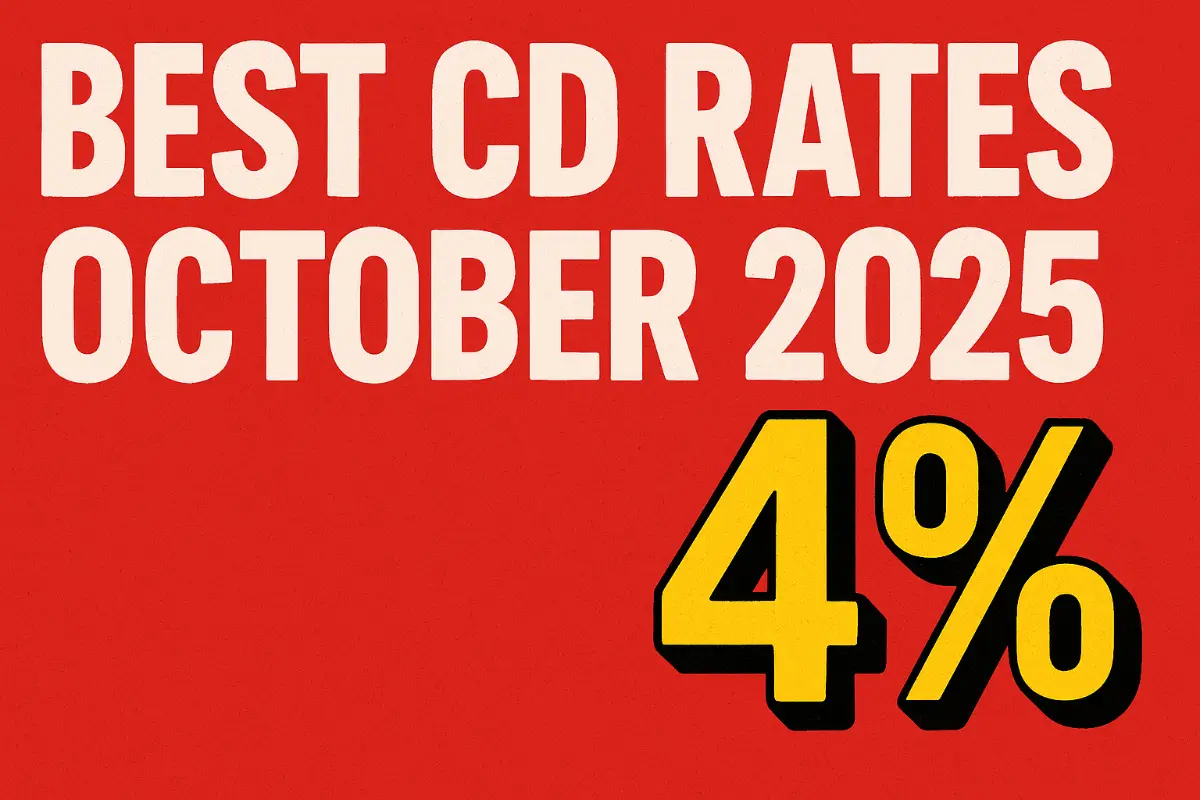Secured Credit Card For Low CIBIL: With a poor CIBIL score, it may be difficult to obtain an ordinary (unsecured) credit card with most banks. This is where a secured credit card comes in to rescue you. The secured credit card uses a security deposit which in most cases is your credit limit. Simply stated, you make a payment, and the bank advances you the same in the form of a credit card.
It’s a safe way to start building or repairing your credit history while having access to convenient credit.
Benefits of a Secured Credit Card
- Higher approval chances — Even with low CIBIL, banks are more likely to approve your application.
- Boost your CIBIL score — Responsible use helps improve your creditworthiness.
- Low risk for banks — Minimal documentation and faster processing.
- Controlled spending — Your credit limit is tied to your deposit, reducing the risk of overspending.
- Option to convert to unsecured — Some issuers allow upgrade after a period of responsible usage.
Eligibility and Required Documents
Most banks or financial institutions require:
- Age: 18+ years (varies by issuer)
- Proof of identity and address: Aadhaar, PAN, passport, voter ID
- Bank statements or income proof (sometimes required)
- Security deposit: Usually ₹5,000–₹1,00,000 depending on the card type and issuer
How Security Deposit and Credit Limit Work
- Your deposit determines the credit limit (e.g., deposit ₹20,000 → limit ₹20,000).
- Some cards link the deposit to a fixed deposit (FD), which can even earn interest.
- Banks can use the deposit in case of default, so responsible use is essential.
Fees, Interest, and Charges
Before choosing a secured credit card, check:
- Annual fees: Some cards charge it even if secured.
- Interest rates: Pay full bill to avoid high interest.
- Processing fees: One-time fees may apply.
- Deposit rules: How and where the security deposit is held (FD, lien, or direct hold).
Does a Secured Loan Affect Remortgaging in the UK? Everything
Does a Secured Loan Affect Remortgaging: You may be asking yourself in case you have secured loan on your home…
Secured Credit Card for Low CIBIL — Easy Way to
Secured Credit Card For Low CIBIL: With a poor CIBIL score, it may be difficult to obtain an ordinary (unsecured)…
Best CD Rates for October 2025: Lock in 4%+ Before
Best CD Rates For October 2025: A certificate of deposit (CD) is worth considering in case you want to park…
Best Co-Branded Credit Cards in India 2025 – Top Cards
Best Co-Branded Credit Cards In India 2025 : Co-branded credit cards are joint ventures between a bank and a brand -…
Credit Card EMI Option in India 2025: Benefits, Banks &
Credit Card EMI Option in India 2025: In the current digital age, credit cards are not only meant to be…
Find IFSC Codes Online 2025 – Never Make a Bank
Find IFSC Codes Online 2025 : The code of Indian Financial System or the IFSC code (Indian Financial System Code) is a…
Always read the terms and conditions carefully.
6 Questions to Ask Before Applying
- Is the deposit linked to an FD or just held?
- Can the card be converted to unsecured later?
- What are the late payment fees and interest charges?
- Are rewards or benefits included?
- What is the billing cycle and minimum payment?
- Will the issuer report to CIBIL regularly?
How to Use a Secured Card to Improve CIBIL (Step-by-Step)
- Pay bills on time — The biggest factor affecting your credit score.
- Keep credit utilization low — Use less than 30% of your limit. Example: ₹20,000 limit → spend less than ₹6,000.
- Review regularly — After 6–12 months of responsible use, some issuers offer upgrades.
- Clear other debts — Timely EMI or loan payments help.
- Monitor your CIBIL report — Dispute any wrong information immediately.
Who Should Consider a Secured Credit Card?
- New credit users (no credit history)
- People recovering from past defaults
- Low CIBIL scorers (<600) looking to build credit
- Individuals wanting better control over spending
Common Myths vs Reality
- Myth: Secured cards can’t be upgraded to unsecured.
Reality: Many issuers offer upgrades after 6–12 months of responsible usage. - Myth: Security deposit is never returned.
Reality: Deposit is refunded if the account is in good standing. - Myth: Secured cards don’t provide rewards.
Reality: Some basic rewards and discounts are offered; premium benefits are usually limited.
Quick Checklist Before Choosing a Card
Conclusion
A secured credit card is a secure and convenient strategy in the event that you have low CIBIL score but need to establish a credit history. It allows you to access credit and at the same time show responsible financial practices and behavior. Paying on time, maintain a low utilization and adhere to issuer terms and you will see your credit score work up with time.
FAQs
Q1: How fast does a secured card improve CIBIL?
A: Typically 6–12 months of on-time payments and low utilization can show noticeable improvement.
Q2: Does the deposit earn interest?
A: Only if the deposit is linked to a fixed deposit (FD) — check the card terms.
Q3: Can I hold multiple secured cards?
A: Yes, but managing multiple cards can be tricky; stick to one or two initially.
Q4: How does the conversion to unsecured work?
A: Issuers review your credit behavior, income, and internal policies to upgrade after 6–12 months.
Braj Verma is a resident of Rajgarh in Madhya Pradesh and is a content writer and freelancer by profession. He has a degree in Political Science from Barkatullah University, Bhopal. He has expertise in subjects like credit cards, banking, loan, insurance, political analysis and digital marketing.






